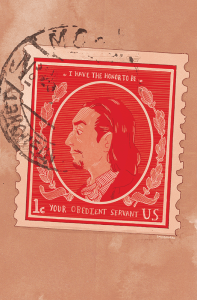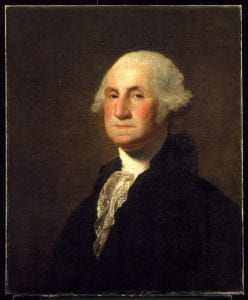By: Ian Byers
Compared to my original vision of what my Remix and Adaptation Project would be, I believe that the final version I submitted was quite faithful. However, I did make some changes, mostly based off of feedback that I received in my peer review. I also added an additional component to my project from when I turned in the draft to when I turned in the final version.
When I recieved my peer feedback, I was happy to see that in all, my partner understood the purpose behind my project and the audience that I intended it for. Some of the feedback from him that I used to improve my project was going into more detail and giving more context about historical events and legislation. I originally wanted to make this part of my project only a short summary, as I was worried about making something extremely dry and boring to the reader. However, I did decide that this ultimately would make readers potentially more engaged if they were more informed. Another suggestion was that I should include some figure of how many immigrants would have wanted to come to the United States during certain time periods. I agree that this would be interesting and would improve my project. However, I could find no way to accurately estimate this statistic, so I was unable to include it in the final version.
In terms of my own personal changes to the project in the final version, I added another document which was a compilation of statistics. I did not include this in my first draft as I had not yet put this data into a easily readable format, and I did not want to cause confusion. Instead, I waited and made a more nicely formatted document instead of just a spreadsheet with no context.
Overall, I think that I fully achieved what I was going for in making this project, although the initial draft that I submitted did not achieve this.






